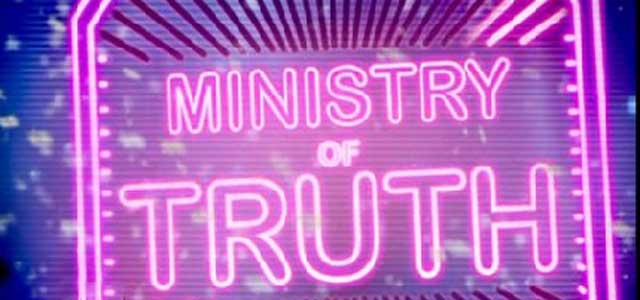The following censorship instructions, issued to the media by government authorities, have been leaked and distributed online. The name of the issuing body has been omitted to protect the source.
Notice: Over the past year, Caixin Online has repeatedly violated news and propaganda discipline and published reports with problematic orientations whose republication elsewhere has had a seriously negative influence. After some deliberation, it has been decided that Caixin Online’s inclusion on the “List of News Work Units Approved for Online Republication” is suspended for two months from October 11, during which time other websites may not repost its content. (October 11, 2016) [Chinese]
A source told RFI’s Chinese service on Tuesday that the immediate trigger for the ban may have been recent coverage, now deleted, of lawyers’ opposition to new regulations from the Ministry of Justice. The rules would reinforce Party control over law firms, requiring them not to “indulge or condone” a wide range of activities by their staff. As Chinese Human Rights Defenders notes, these include inciting people to “harm public security [by] conducting sit-ins, holding banners or placards, shouting slogans, expressing solidarity […], or looking on”; “generating pressure through public opinion [by] forming groups, organizing joint signature campaigns, issuing open letters, gathering online in chat groups, or expressing solidarity”; “denying the nature of state-determined evil cults”; and “using the Internet or media to express dissatisfaction with the Party or the government.”
This would enable extrajudicial punishment for many of the activities for which detainees in last year’s “Black Friday” crackdown have been criminally prosecuted. As Caixin noted in one of its deleted articles, some 168 Chinese lawyers have written to the State Council complaining that the regulations violate the Constitution, several other laws, and the public interest, and urging their repeal. That petition would itself be forbidden by the new rules, which are due to take effect next month.
RFI noted that the suspension will cut off an important revenue stream for Caixin. The temporary ban follows recent measures to exercise 24/7 control over the direction of news sites’ content, and prevent them from conducting independent reporting or publishing unverified news from social media. Elsewhere, state media have been ordered to “bear the Party’s surname,” while the Central Propaganda Department and State Administration of Press, Publication, Radio, Film and Television faced criticism this summer for failing to supervise the media with sufficient vigor. Despite such alleged laxity and occasional displays of defiance, even traditionally independent media organizations have largely been forced onto the “correct road.” Meanwhile, foreign journalists also face increasing pressure.
 Since directives are sometimes communicated orally to journalists and editors, who then leak them online, the wording published here may not be exact. Some instructions are issued by local authorities or to specific sectors, and may not apply universally across China. The date given may indicate when the directive was leaked, rather than when it was issued. CDT does its utmost to verify dates and wording, but also takes precautions to protect the source. See CDT’s collection of Directives from the Ministry of Truth since 2011.
Since directives are sometimes communicated orally to journalists and editors, who then leak them online, the wording published here may not be exact. Some instructions are issued by local authorities or to specific sectors, and may not apply universally across China. The date given may indicate when the directive was leaked, rather than when it was issued. CDT does its utmost to verify dates and wording, but also takes precautions to protect the source. See CDT’s collection of Directives from the Ministry of Truth since 2011.








